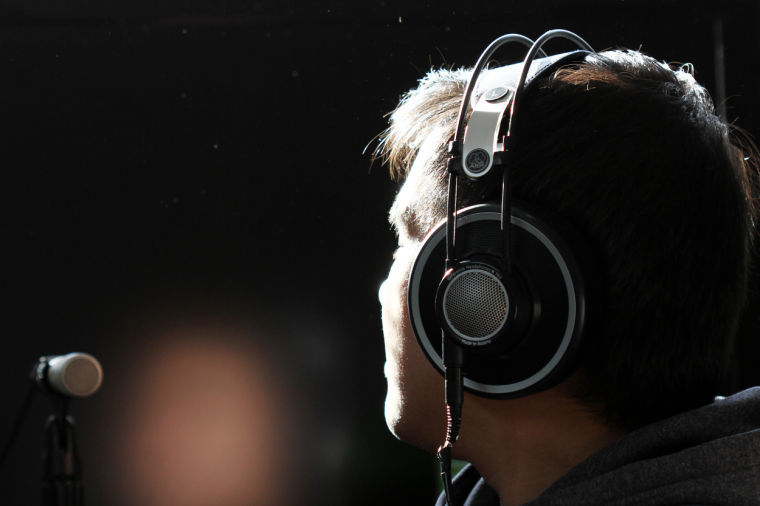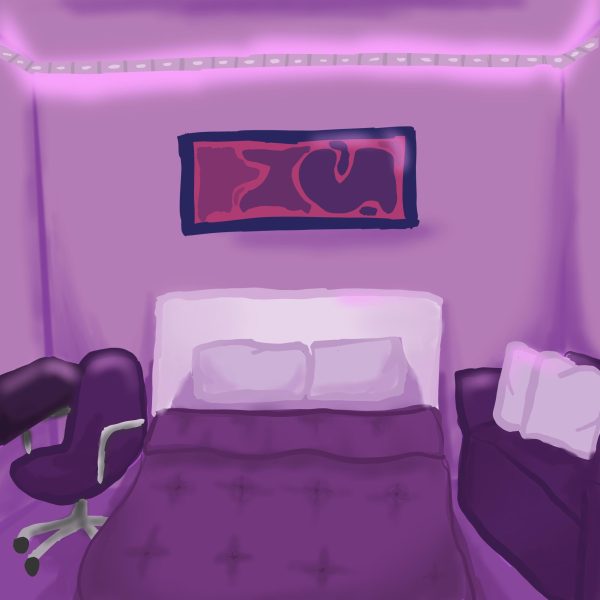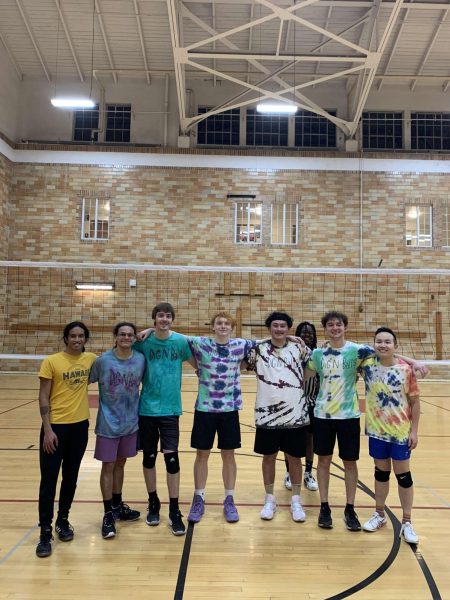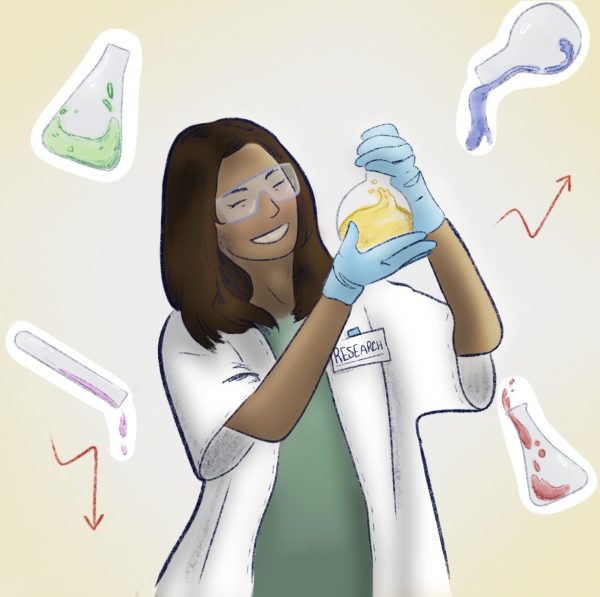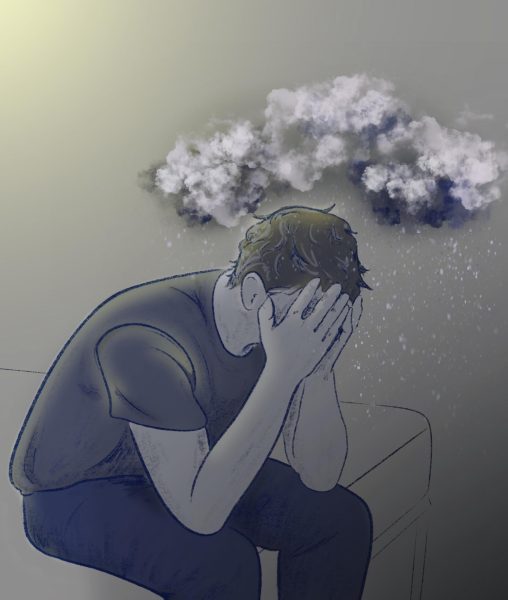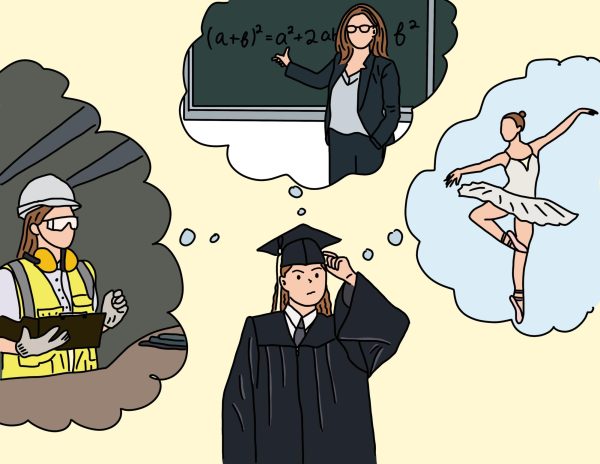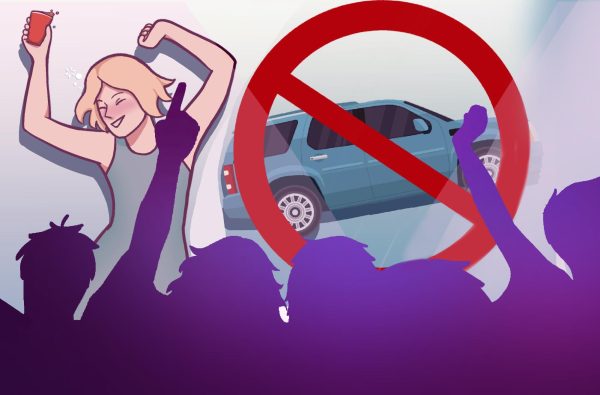Melody memories: music strikes a chord in our subconscious
April 9, 2014
I can easily recall the first concert I went to. I was in elementary school and extremely excited to be sitting up in the balcony with my best friend and our moms, watching Point of Grace perform on stage. A few years later my dad took me to a show in Seattle to see my favorite boy bands (and, no, it was not ‘N Sync or the Backstreet Boys). I can remember the feelings, the smells and the excitement of both nights as if they were yesterday.
Memory is an intriguing, untouchable thing. We have all of these thoughts, these fragments of our entire lives, stored up in our brains. Yet often we can’t gain hold of these as if they are lost forever. Every once in a while, though, something triggers a memory that hasn’t surfaced in months or even years.
A smell, a taste, a sound, a song – the smallest thing can elicit a memory. It’s crazy that whenever I hear Weezer’s “Beverly Hills” I immediately envision the weight room of my seventh grade gym. When I listened to Hawthorne Heights’ album “If Only You Were Lonely” a few weeks back, I saw myself as a freshman in high school, helping seniors with geometry and flirting with my crush.
Psychologists call these kinds of triggers “reminiscence bumps.” In a 2012 study at Cornell University, researchers found that music shapes memories, musical preferences and emotional responses to other aspects of life. The study concluded that music not only sends us back in time but also grants us access into the complex storage compartments of our minds.
A decade or so since the last time I heard “The Middle” by Jimmy Eat World, I recited the words effortlessly upon hearing it again. That, to me, is incredible: Our brains are extraordinarily intricate creations, and music paints them with lasting pictures.
Petr Janata, a cognitive neuroscientist at University of California, Davis, conducted a study in 2009 that involved MRI scans of human brains. The study revealed that the pre-frontal cortex is most active in registering music. Interestingly enough, this is also the part of the brain where a vast amount of autobiographical reflection takes place.
This connection has led doctors throughout the U.S. and Canada to experiment using music to awaken memories in patients suffering from Alzheimer’s and dementia. Slowly but surely, they are investigating the effectiveness of such treatments with the hope that it will reduce dependence on anti-psychotic medications.
The potential for such an outcome makes me giddy.
I have always said that music is life and gives life. What if we all forgot what life is – how our lives are? By the power of music, I call on everyone to remember their pasts for they are.
As Plato put it, “Music gives a soul to the universe, wings to the mind, flight to the imagination and life to everything.”


